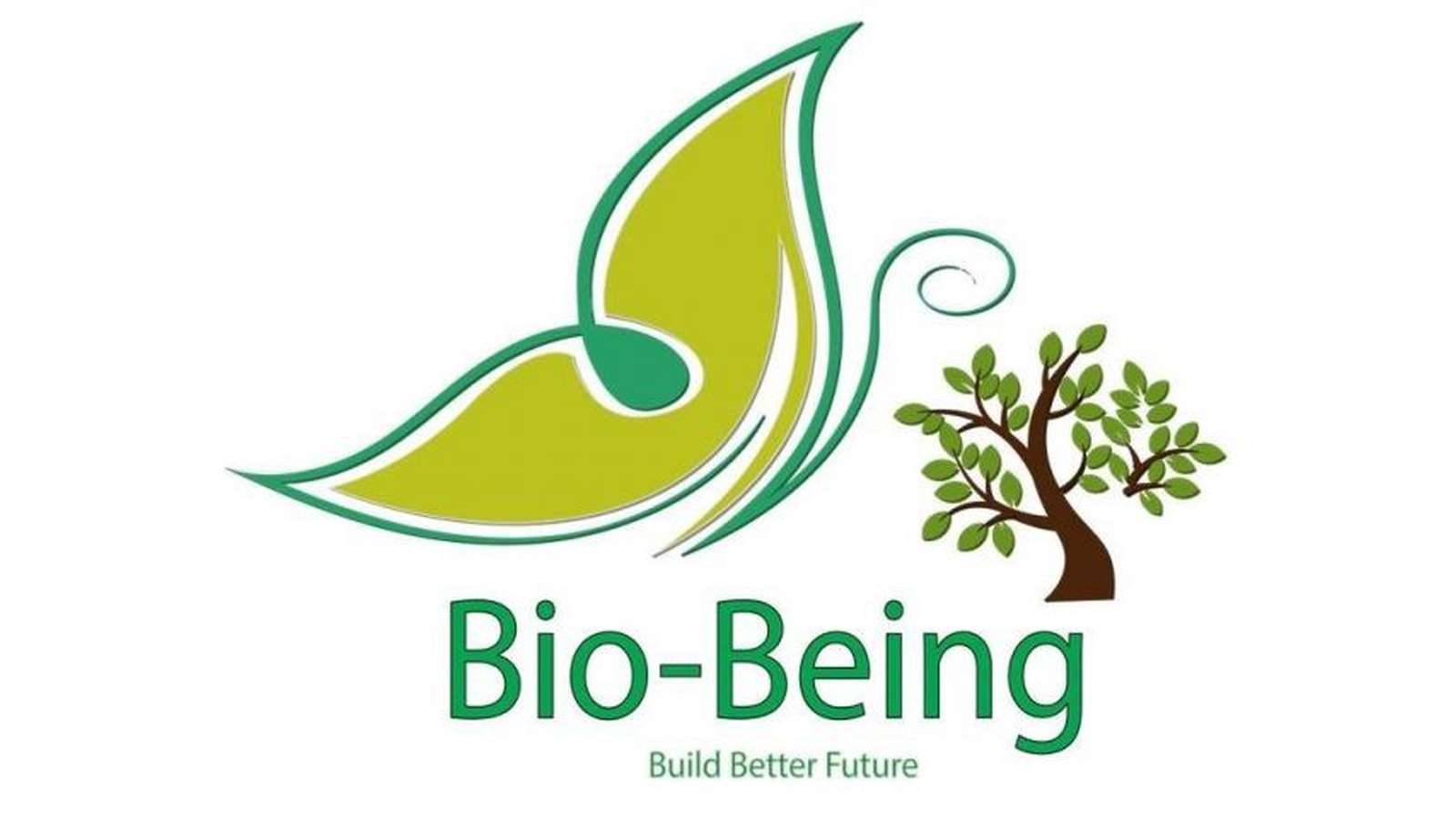
When we begin our conversation, Ali Riaz is sitting in an office of a multinational in Karachi, where he works full-time. His expression is thoughtful, and it’s clear he’s preoccupied with something a little heavier than what’s on my mind, which is what I’m going to eat for lunch.
“There is no point in going abroad,” he says. “The issues we are facing won’t go away even if we go to another continent. Global emission, air pollution, water scarcity, these issues are a reality no matter where you go.”
Ali has always been a conscientious person. In 2019, when pursuing a degree in industrial engineering and management from Dawood University of Engineering and Technology, two professors — Prof. Ghulam Mujtaba from Dawood University and Prof. Mehmood Ali from NED University — introduced him to the idea of biodiesel. He spent the next few months thinking through how to generate biodegradable diesel from currently available sources, and what a solution to Pakistan’s energy problems would look like.
Renewable and sustainable energy is a cause that Ali is consumed by. The energy crisis is one of the biggest drains on Pakistan’s economy, and it stems from power generation that relies on imported furnace oil rather than renewable alternatives.
“Every single one of us loves to complain, but are we doing anything to move towards providing a solution?” — Ali
DEVELOPING A SOLUTION
In 2020, Code for Pakistan, in collaboration with Telenor Velocity, ran a virtual Civic Hackathon, which called tech enthusiasts from around the world to create solutions that would address some of Pakistan’s most pressing social challenges.
Ali, along with his teammates, Mohsin and Wamiq, registered for the event and immediately began brainstorming ideas. From their research, they knew that cooking oil used in restaurants was either disposed of in sewage drains, causing drain blockages, or illegally sold to small restaurants and dhabas. The reuse of oil, Ali explains to me, can also cause a range of health issues, amongst them cardiovascular disease and cancers.
The BioBeing team entered the Hackathon with a simple yet powerful idea:
If they could create an app, they would then have the method to locate and connect with restaurants, hotels and households, and BioBeing’s drivers could use the app to collect waste that they would then convert into biodiesel.
Anyone who runs a startup knows that even when ideas are brilliant, execution is what truly matters. Code for Pakistan assigned a dedicated mentor to help their cause. Ali speaks appreciatively of their mentor, crediting them with being a hands-on, propelling them forward with their knowledge and enthusiasm.
WINNING NEW OPPORTUNITIES
By demonstrating a research-backed solution, the team excelled in the Hackathon and won 2nd place. Participating in the Hackathon gave Ali and his team a chance to network, interact with key government and corporate stakeholders, and receive mentoring from industry experts, but being among the winners opened up another set of doors.
The PKR 200,000 award went towards converting Ali’s vision into reality, and a prototype to convert used oil into biodiesel was designed. Along with that came media coverage and the attention from investors and incubators, like Accelerate Prosperity Pakistan and National Incubation Centre Karachi. The Civic Hackathon established BioBeing as a credible non-for-profit start-up, which made developing corporate partnerships much easier.
BRIGHT FUTURE
As a winner of the 2020’s Civic Hackathon, Ali has some advice for teams applying for future hackathons.
“Eliminate your business, and research instead. Use government data! Sometimes we are blinded by our ideas, and we choose data that confirm our biases and even ignore questions that challenge our ideas. I would tell them to focus on those questions, you will surprise yourself with the eventual solution you come up with”
Winning a competition doesn’t end life’s challenges.
“It’s easy to get depressed, we still face lots of challenges, processes are slow, navigating the system isn’t easy, and that’s partly because no one has done it before in Pakistan. But we still need to use our skills and ability to provide a better future for our planet”
Still, the future looks bright for Ali and BioBeing. A prototype is in the works and talks with several angel investors are ongoing.
To register your team for this year’s GovTech Hackathon, taking place in Peshawar, Oct 8–10, 2021, presented by Code for Pakistan, the KP IT Board and the World Bank, make sure to fill in this application form by October 3, 2021.
Click here to learn more about the Civic Hackathon 2020, presented by Code for Pakistan and Telenor Velocity